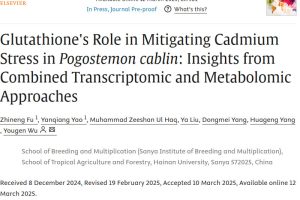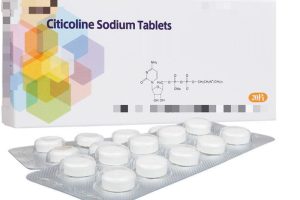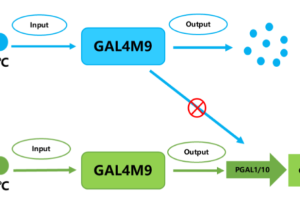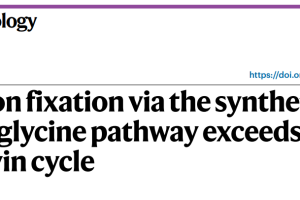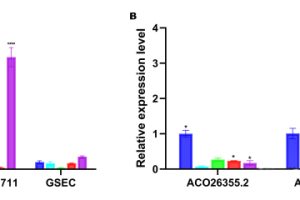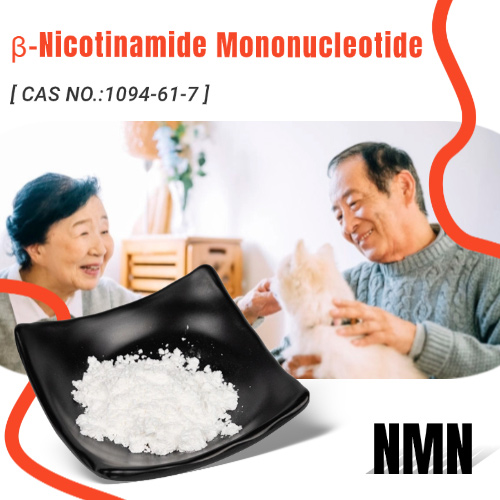In the 2024 NMN study, “ovarian health” is a highlight.
Union Hospital research results
An important study published jointly by Peking Union Hospital of the Chinese Academy of Medical Sciences and Beijing Children’s Hospital Affiliated to Capital Medical University shows:
NMN can significantly improve ovarian mitochondrial function and energy metabolism, reduce ovarian inflammation and reverse ovarian aging in aging mice.
What does aging of the ovaries mean?
The ovaries, in addition to their reproductive functions, also perform many important health functions, such as maintaining hormonal balance, regulating the menstrual cycle, and regulating metabolic levels.
The effects of ovarian aging are also multifaceted.
With age, ovarian function declines, and both the reserve and quality of eggs are affected, affecting fertility.
Typically, female fertility peaks at the age of 24, declines after the age of 30, and accelerates after the age of 37, which is closely related to the decline of ovarian function.
Aging of the ovaries affects endocrine function and may lead to irregular menstrual cycles, decreased metabolic levels (predisposition to obesity), osteoporosis, increased cardiovascular risk, poor skin condition, and more.
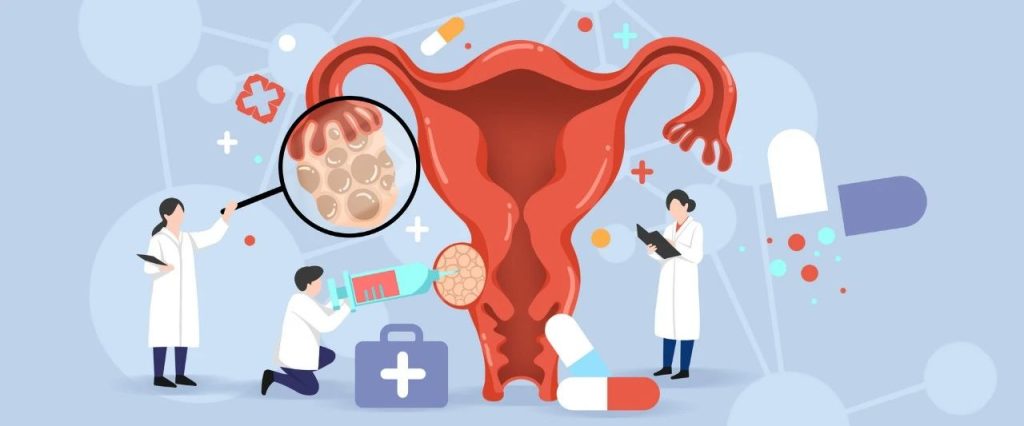
Ovaries are complex organs that contain many cells that perform different functions, and their aging is affected by a variety of factors.
Nicotinamide adenine dinucleotide (NAD+) is a key coenzyme in cells, which is widely involved in regulating important biological processes such as energy metabolism, oxidative damage and inflammatory response. With the increase of age, the level of NAD+ in vivo decreases, which is considered to be the root cause of aging.
So, can restoring NAD+ levels in the body be an effective measure against ovarian aging?
Increase NAD+ levels and reverse ovarian aging
The team measured NAD+ levels in mice aged 2, 8, 10 and 12 months and found that ovarian NAD+ levels did indeed decline with age.
β-nicotinamide mononucleotide (NMN) is a direct precursor of NAD+ and can safely and effectively increase the level of NAD+ in vivo.
The team evaluated the effects of NMN on ovarian function and health in mice with short-term (10 days) intraperitoneal injection of NMN and long-term (8 weeks) dietary supplementation.
The results showed that short-term NMN supplementation could significantly increase ovarian NAD+ levels, inhibit ovarian atrophy, and improve oocyte (egg) quality in elderly mice.


Controlled studies in the young group (2 months), the elderly group (12 months), and the elderly +NMN group showed that long-term supplementation of NMN enhanced anti-aging properties, improved overall health and enhanced ovarian function in elderly mice.
Using serum hormones, antioxidants and inflammatory factors as assessment markers, the research team found that NMN promoted hormonal health, reduced oxidative stress and inflammatory factors, and showed significant anti-aging effects.

By comparing the ovarian sections of young, old, and old +NMN mice, the health of the ovaries in the old +NMN group returned to the state of youth.
The expression of the aging marker protein P21 was highest in the elderly group, while the elderly +NMN group was closer to the level of youth.
These results suggest that NMN can inhibit the expression of aging markers and reverse ovarian aging.

The number of ovarian follicles in aging mice increased significantly.
NMN supplementation significantly changed the density, morphology and distribution of lipid droplets and mitochondria in ovarian granulosa cells, which had positive effects on follicle development and maturation.
Mechanism of ovarian anti-failure of NMN
Through further mechanism exploration, it was found that the ovarian anti-aging effect of NMN was achieved by enhancing mitochondrial function, improving energy metabolism and reducing inflammation level.
Comparing the differences in gene expression, the ovaries of the older group showed increased expression of inflammation-related genes and increased immune burden compared with those of the younger group.
At the same time, the expression of genes related to DNA damage repair, cell signaling, cell cycle and metabolic pathways decreased in the older group, suggesting a weakening of related functions.
Long-term supplementation of NMN improved mitochondrial function and energy metabolism in elderly mice, alleviated ovarian inflammation, and regulated cell growth and proliferation.
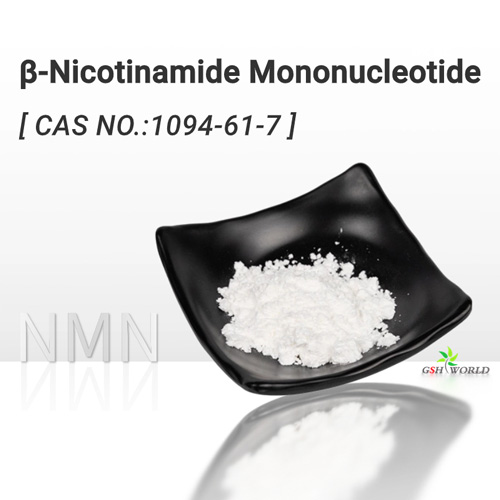
Bright spot
NMN supplementation can reverse ovarian aging in the following ways:
- Increase ovarian NAD+ level and serum anti-aging effect;
- Inhibit ovarian atrophy, enhance hormone secretion, regulate mitochondrial and lipid droplet characteristics, and improve ovarian health;
- Increase the number of oocytes at different stages of development and improve the quality and quantity of ovulation oocytes;
- Enhance mitochondrial function and energy metabolism, reduce ovarian inflammation.
MORE
This is not the first time NMN has shown an effect against ovarian aging.
- Two studies in 2021 found that NMN can increase NAD+ levels, repair mitochondrial function, and protect oocyte quality from degradation caused by environmental pollutants; Long-term use of NMN can also improve endocrine function and may save the loss of ovarian reserve.
- In a study published in Cell Proliferation in 2022, NMN helped prevent metabolic abnormalities caused by a high-fat diet (HFD) and improved ovarian quality in mice.
- According to a study published in PLOS ONE in 2023, NMN significantly improves oocyte senescence in large animals and can promote subsequent embryonic development.
- In a study published in the Journal of Ovarian Research in 2024, NMN has anti-inflammatory effects that promote ovarian health and improve premature ovarian failure.
reference
- [1] Nicotinamide mononucleotide supplementation rescues mitochondrial and energy metabolism functions and ameliorates inflammatory states in the ovaries of aging mice. DOI: 10.1002/mco2.727
- [2]Nicotinamide Mononucleotide Restores the Meiotic Competency of Porcine Oocytes Exposed to Ethylene Glycol Butyl Ether. DOI: 10.3389/fcell.2021.628580
- [3] Long-term treatment of Nicotinamide mononucleotide improved age-related diminished ovary reserve through enhancing the mitophagy level of granulosa cells in mice. DOI: 10.1016/j.jnutbio.2021.108911
- [4] Administration of nicotinamide mononucleotide improves oocyte quality of obese mice. DOI: 10.1111/cpr.13303
- [5] β-nicotinamide mononucleotide rescues the quality of aged oocyte and improves subsequent embryo development in pigs. DOI: 10.1371/journal.pone.0291640
- [6] Nicotinamide mononucleotide improves the ovarian reserve of POI by inhibiting NLRP3-mediated pyroptosis of ovarian granulosa cells. DOI: 10.1186/s13048-024-01534-w


